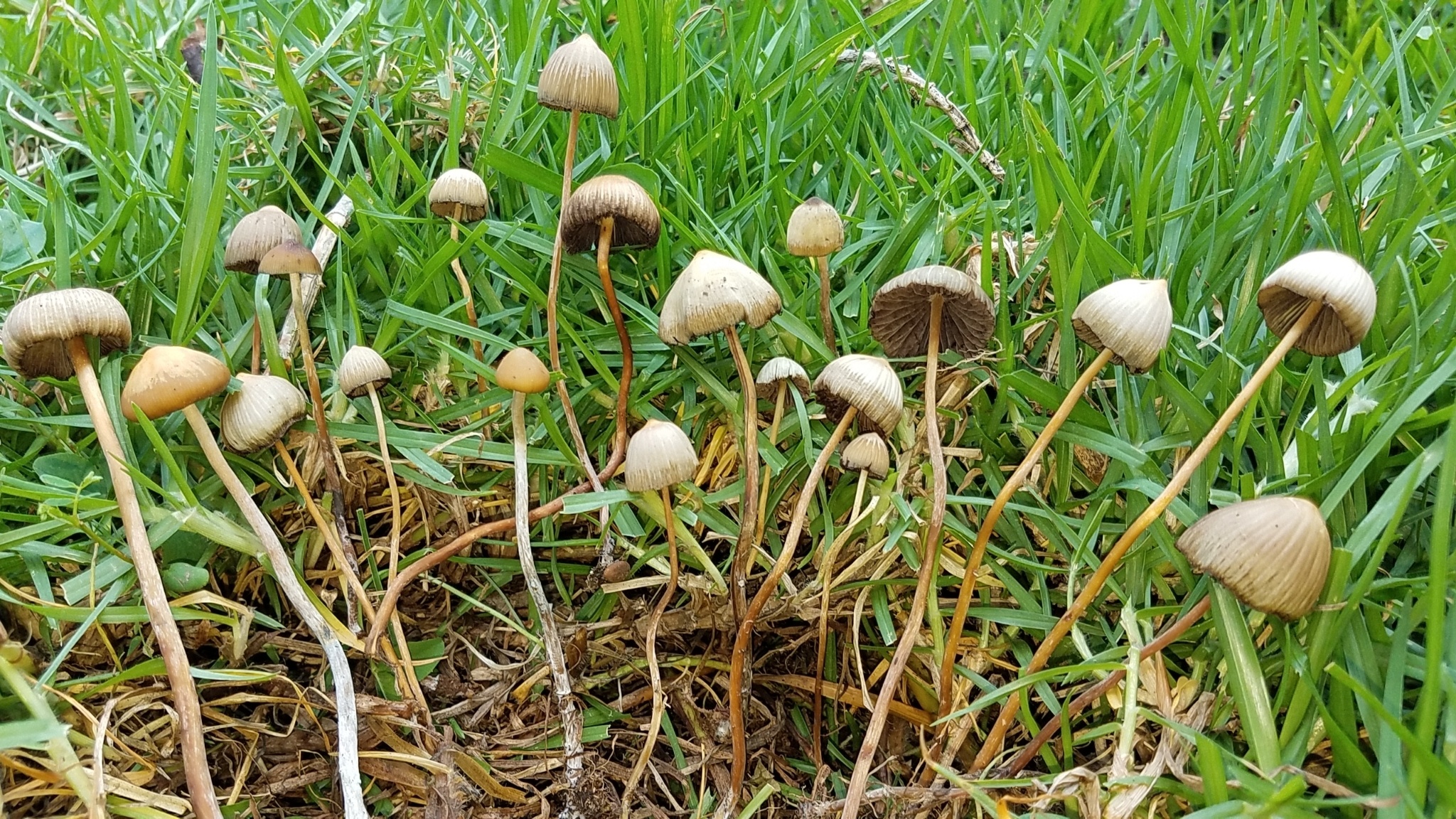ICEERS | 13 November 2023
Psilocybin mushrooms are explicitly categorized as Schedule 1 prohibited psychotropic substances in Mexico. This characterizes substances as those with little or no therapeutic value and pose a serious threat to public health. They are classified as such despite mushrooms having their origins in Mexico which has inspired the knowledge of their medicinal applications to spread globally. Even with existing regulations and practices, numerous Indigenous communities continue to maintain mushrooms as part of their traditional healing rituals.
Eliminating the inclusion of these “holy children” from the dishonorable list and advocating for the rightful recognition of Indigenous guardians of this tradition are two primary objectives of the legislative initiative led by Senator Alejandra Lagunes. This initiative has garnered support from the ADF (Ayahuasca Defense Fund), ICEERS’ legal support fund dedicated to providing education and legal support for traditional Indigenous medicines.
In October, Senator Lagunes introduced the Psilocybin Mushrooms Regulation Project in the Mexican Senate. She called for an Open Parliament meeting to engage with community representatives, Indigenous communities, and experts. The overarching goal was to “end the stigma of psilocybin mushrooms” and to stop categorizing them as “hallucinogenic mushrooms,” as Senator Lagunes stated.
Among the approximately 70,000 fungal species documented by science, roughly 7,000 are endemic to the Mexican territory. A significant portion of these, approximately 180 species, possesses psychoactive properties. Psilocybin mushrooms, known as teonanácatl, or the “flesh of the gods” in the Aztec language, hold a particularly rich history in this context.
The Decriminalization of Psilocybin Mushrooms in Mexico
The efforts to decriminalize psilocybin mushrooms in Mexico began in April 2021, when Senator Lagunes initiated a series of dialogues. The ICEERS team actively participated in these discussions to shed light on the multifaceted aspects associated with the regulation of mushrooms and their vital role in bioconservation. Beyond merely reclassifying these mushrooms within the legal framework, the overarching objective was to position Indigenous peoples and communities at the core of these changes. This was envisioned as a historical act of reparation, addressing the ongoing effects of legal colonization that have encroached upon the rights of Mexico’s Indigenous peoples and communities.
Simultaneously, there was recognition of the need to materialize the proposal for the General Law of Consultation of the Indigenous and Afro-Mexican Peoples and Communities, which is currently pending analysis and potential approval within the Mexican Senate. In pursuit of this goal, Senator Lagunes also proposed an amendment to the Mexican Constitution to formally recognize this fundamental right.
With Senator Lagunes’ regulatory proposal for mushrooms, this discussion would necessitate amendments to various Mexican laws, including the General Health Law, the Federal Penal Code, and the Federal Public Administration Organic Law, among others.
Senator Lagunes’ proposed legal reform encompasses two primary objectives. Firstly, it aims to facilitate research and center on the therapeutic and ceremonial practices of psilocybin mushrooms in collaboration with Indigenous peoples and communities. Secondly, it seeks to make these medicines available to the public through prescriptions from pharmacies.
“The legal reform is significant for two reasons. It represents an act of restorative justice by acknowledging the original peoples who have historically had mushrooms as part of their cultural practices. These communities faced persecution for 400 years, primarily due to the impact of the Inquisition. The reform also recognizes the rights of individuals to access the therapeutic benefits offered by these ancient healing traditions,” said Natalia Rebollo, the coordinator of the Ayahuasca Defense Fund, articulating the crucial dimensions of the initiative.
For more information on psilocybin mushrooms, visit:
Psilocybin Mushrooms: Basic Info
Further Info
- Impulsan iniciativa para reclasificar a hongos psilocibes
- El Partido Verde lleva al Senado la despenalización de los hongos con psilocibina para uso terapéutico
- Justicia Restaurativa para que Pueblos Indígenas ejerzan su Medicina Tradicional
Photo by Alan Rockefeller on iNaturalist.
Categories:
NEWS
, ADF
Tags:
legality
, psilocybin
, mushrooms
, psilocybin mushrooms
, psilocybe
, México

